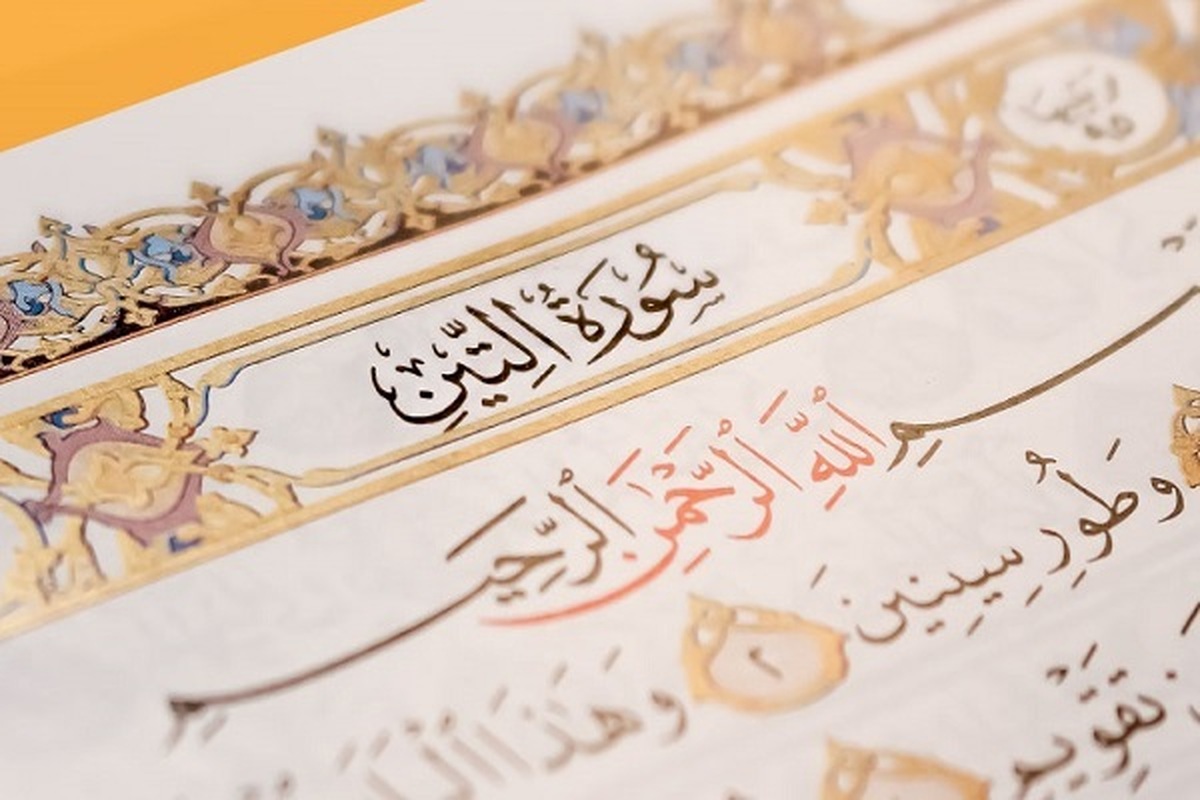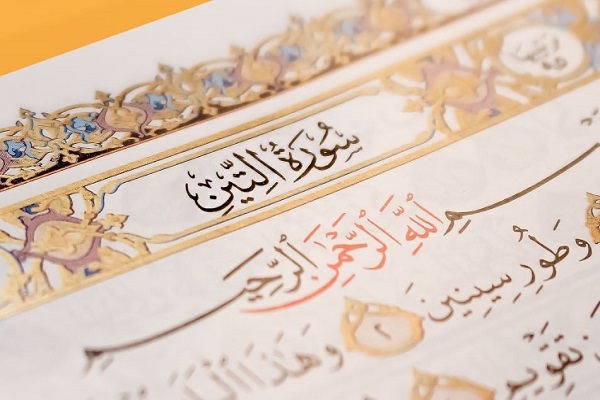Creation of Humans in Best Form


At-Tin is the 95th chapter of the Quran that has 8 verses and is in the 30th Juz. It is Makki and the 28th Surah revealed to the Holy Prophet (PBUH).
The name of the Surah comes from the word at-Tin (fig) by which God swears in the first verse.
It is among the chapters of the Quran that begin with swearing. In the early verses of Surah At-Tin, God swears by four things: fig, olive, the land of Tur (Sinai) and the holy city of Mecca. Fig is mentioned in the Quran once while olive is mentioned six times.
The main theme of Surah At-Tin is the issue of Resurrection, assessment of one’s deed and the divine reward in the hereafter.
The Surah highlights the creation of mankind in the best form “Certainly We created man in the best make.”(Verse 4) It then points out that some people remain on their initial Fitrat (nature) but some others descend to the lowest position. “Then We render him the lowest of the low” (Verse 5)
So creation of mankind is based on the divine Fitrat and Ahsan Taqwim (best form) but then people are divided into two groups of believers and unbelievers.
God swears by four things to underline that mankind has been created in the best way. But it is up to every person to make the best of his potentials and capabilities to reach the highest status and (in the hereafter) enjoy the everlasting happy life with his God.
Some interpreters have said Ahsan Taqwim refers to the strong and proportionate form of the body in young age and Asfal Safilin (lowest of the low) refers to the weakness of the body when one gets old. But given the 6th verse that exclude believers and good-doers from falling into Asfal Safilin “except the righteously striving believers who will have a never ending reward,” this view is not acceptable.
As for the mentioning of fig and olive in this Surah, there are different views among interpreters. Some say the two are among favorite fruits of Arabs. Others say they refers to two mosques, one in the Levant and the other in Jerusalem al-Quds or two mountains named Tina and Zita in these two regions.
According to some others, the two words refers to the places where Prophet Jesus (AS) was born and lived.
In verses 2 and 3 God talks about Tur Seeneen and Balad Ameen. Most interpreters say the first refers to Mount Sinai where God talks to Moses (AS) and the second to Mecca.


